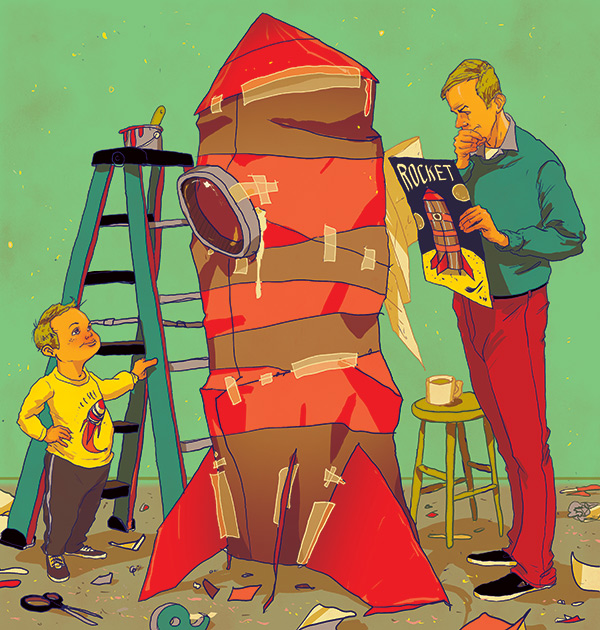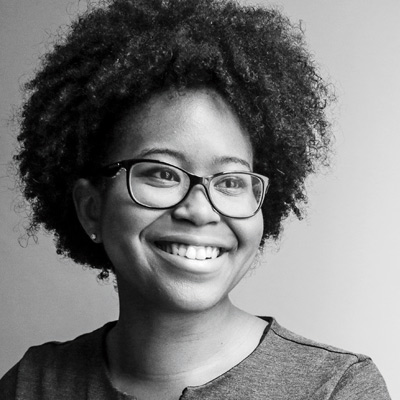Student Essay: Learning from Failure
[ THE LAST WORD: TC STUDENT VOICES ]
You Must Be Mistaken

Learning from our mistakes takes courage. If, like me, you were taught to strive for perfection, you may know the debilitating fear of going against the status quo. Typically, young children don’t have that fear, which is why they excel creatively and constructively. Consider the marshmallow challenge, in which, using string, marshmallows and uncooked spaghetti, children and adults compete against one another in small teams to build the highest tower in a short period of time. In a head-to-head challenge, children will typically win, because the adults — for all their experience and learning — seem inhibited from making quick decisions under pressure due to the fear of failure.

SECOND THOUGHTS
Teachers College faculty, from John Dewey to Maxine Greene, have understood the importance of “purposeful, trial-and-error learning.”
—Chloe Dawson
Striving for perfection prevents sustainable success because it discourages mistake-based learning and, ultimately, innovation. After all, when you’ve attained “perfection,” why risk aspiring to anything else?
Teachers College’s faculty have always understood the importance of purposeful trial-and-error learning. John Dewey championed hands-on inquiry to make sense of one’s environment. Edward Lee Thorndike’s Law of Effect holds that we try and discard different options until we find one that produces a satisfactory result. Even Maxine Greene described herself in terms of “what I am not yet,” reinforcing the constant unfinished human state of being and its vast possibilities.
As TC students, then, we should commit to achieving mistakes rather than simply making them. We should revere mistakes rather than fear them. We should take advantage of TC as a holistic organizational space where mistakes provide opportunities for innovation. Above all, we should be grateful for the chances we’ve inherited as TC students to challenge and reinvent the status quo. — Chloe Dawson
Chloe Dawson is a first-year doctoral student in the Department of Organization & Leadership and President of the Teachers College Student Senate.
Download this article as a PDF
Published Monday, Dec 11, 2017